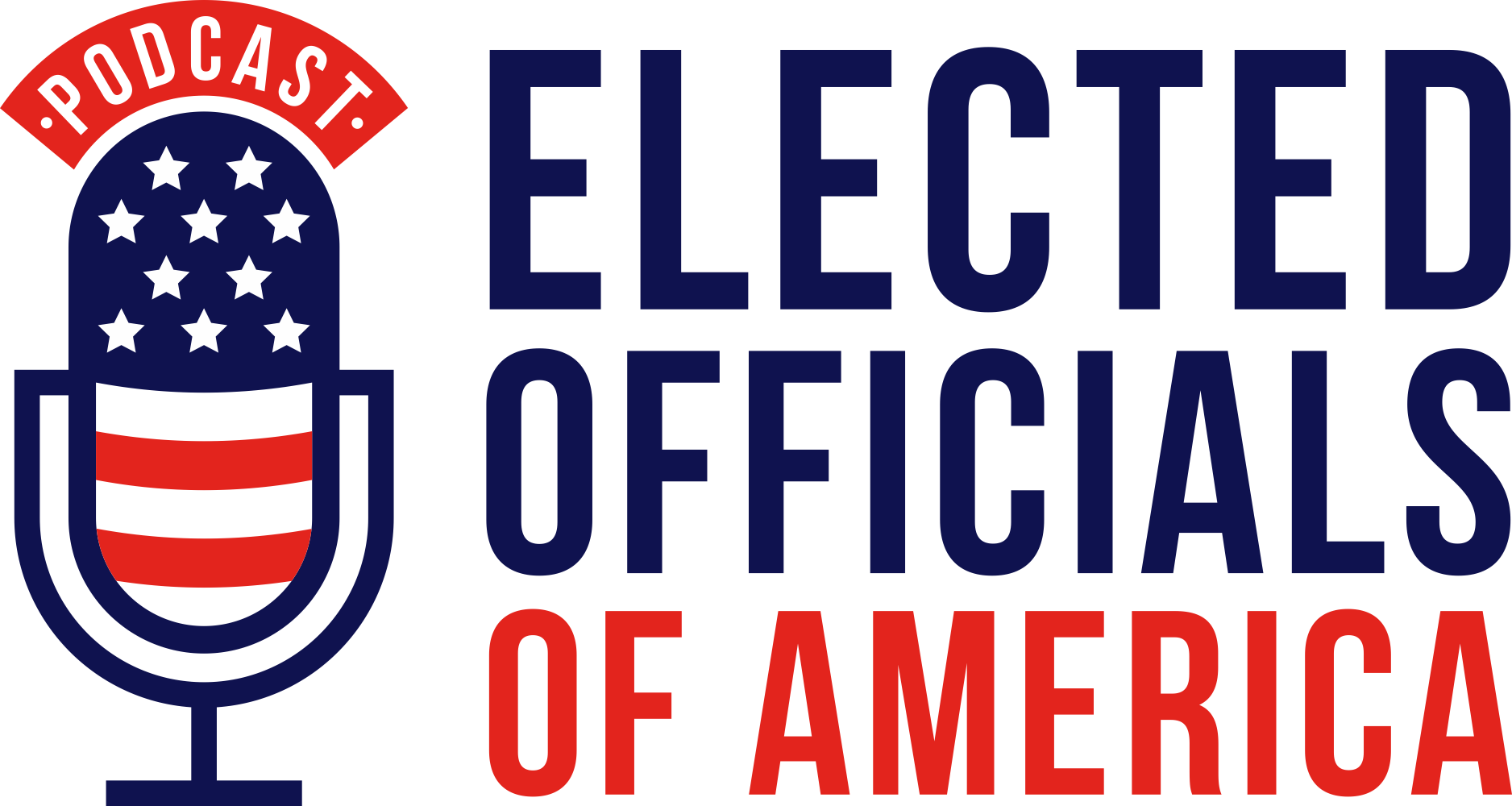How Can We Come Together as a Country Again? Delaware Voices
In the beginning of September, I launched a journey to interview an underdog elected official in each of the 50 states. Concurrently, the country has been filled with divisiveness about President Trump, about kneeling during the National Anthem, and now we are facing the aftermath of Las Vegas, Nevada.
In other words, things are going to get more bitter before they get better.
While there are a few different themes and goals of my quest, the one I want to touch on here is this: what can we do to come together as a country again?
First off, how did we get to such divided times?
In my conversation with Republican Mike Castle in episode 1, he mentions some differences in politics in the ’60s and ’70s. Back then, campaigning was a matter of convincing people you could do the job better than your opponent, not denigrating your opponent as much as possible.
Nowadays, with the advent of the internet, every candidate and elected official’s move is subject to an immediate attack piece by opposing political parties. During my conversation with first-term Democratic County Executive Matt Meyer in episode 2, he points out how middle-of-the-road Tom Brokaw was popular when Matt was a child.
Now, people on the right watch Fox News and get pushed further right, and people on the left watch the Daily Show and get pushed further left.
Combining Castle’s and Meyer’s thoughts lead to a good summary of our current situation:
- We are not trying to understand those we disagree with.
- We are more interested in cementing our current viewpoints.
- We attack those who disagree with us.
As a first step to getting along, Alex Torpey — an Independent who was elected Mayor of South, Orange, NJ when he was 23 years old — provides some insight in episode 3: “Designing environments to work with people who are specifically different than you…that is how you’re going to make the best decisions. It’s not lining up a group of people who agree with you, but by lining up people who have really crazy, different, diverse experiences and who are going to challenge you on everything you say and make you make the best argument possible.”
In episode 5, Republican Eric Brakey (Maine’s youngest state senator, elected at the age of 26), echoes that sentiment with: “You’ve got to be willing to ask yourself the hard questions. We have to be willing to question even our most basic assumptions…perhaps you ask those questions and you come to the same conclusion that you had before, but you’ll be stronger for it. In this five-second soundbite media culture, I think we’ve lost that ability to ask those questions ourselves.”
Meyer touched on this in a similar way, and said, “You need to talk to people who disagree with you and see if you can convince them to get them on your side. That’s not a one time process or every four years, or every two years…that’s something that goes on every single day.”
Mike Castle, always the statesman, rammed home a similar sentiment: “I just think that this country needs a greater balance of people talking to one another and getting things done. I believe that there needs to be a greater effort to do better.”
Democrat Bill Ferguson, who at age 27 in 2010 beat a 27-year incumbent to become Maryland’s youngest state senator, says in episode 11, “We are way too polarized, and way too dismissive of other viewpoints because they don’t fit within our paradigm.”
No matter what industry you’re in, it is hard to disagree with those sentiments from those elected officials. If you surround yourself with yes-men and people that always agree with you, you will remain in your intellectual comfort zone.
So, action items: make your mind uncomfortable. Invite people you disagree with to have a friendly cup of coffee.
Get to know them as people before you delve into thorny issues. If you’re the leader of a partisan group, invite known opponents of your point of view to speak. (They might need assurance you won’t throw tomatoes at them first).
As Progressive Party member and state senator Chris Pearson of Vermont said, “We need to sit down with our neighbors and find common ground.”
My next article will talk about what to do when you challenge your view points and still arrive at the original conclusions.
Article originally published on Delaware Online.
